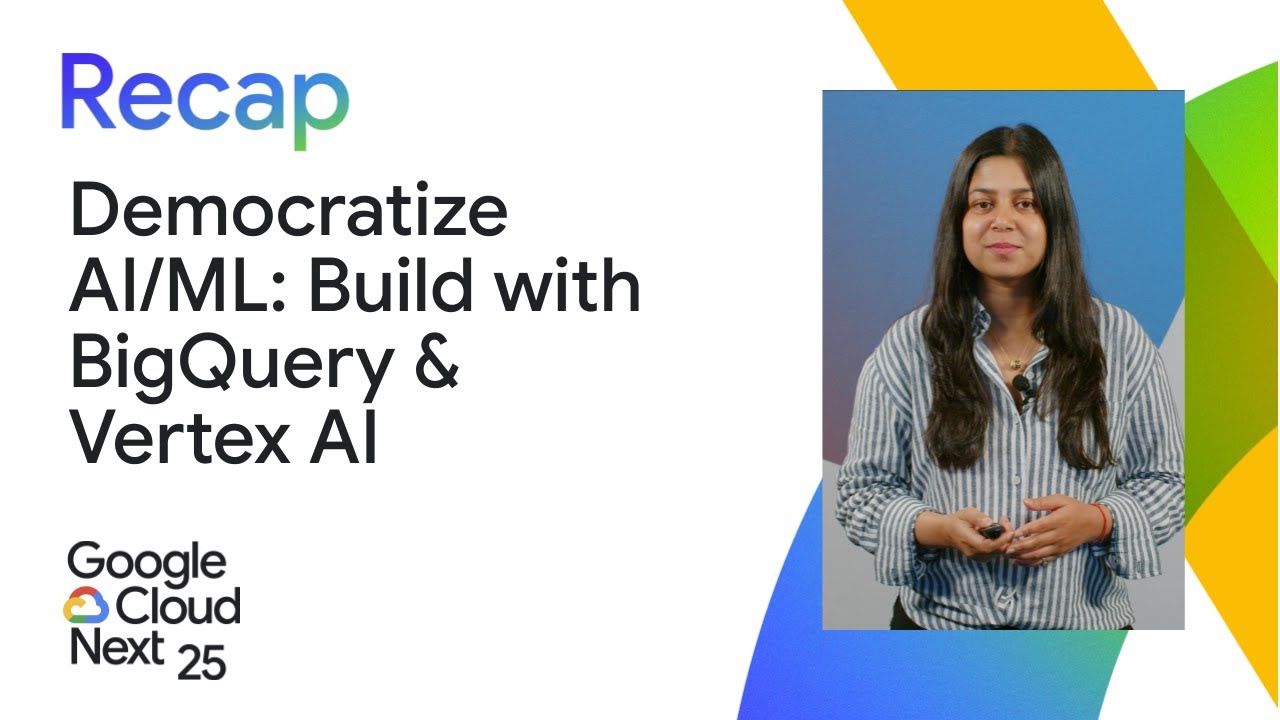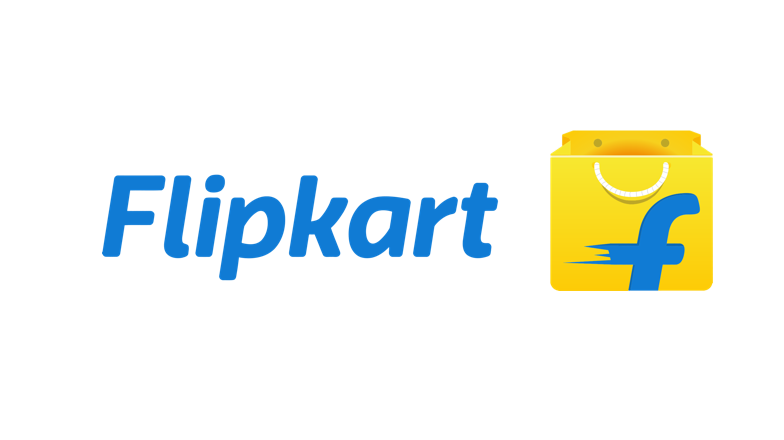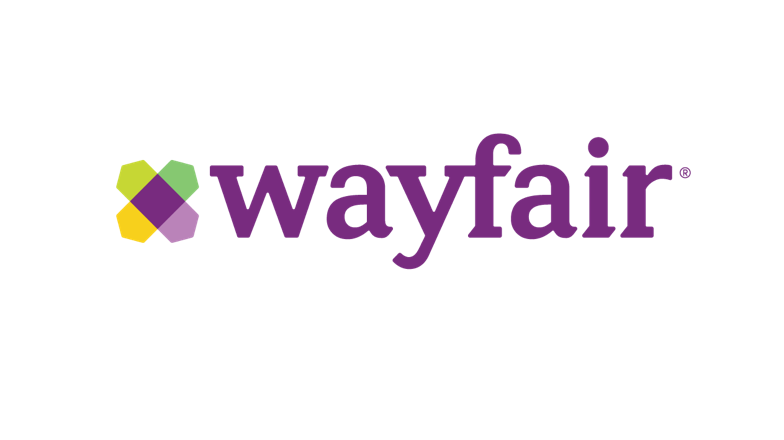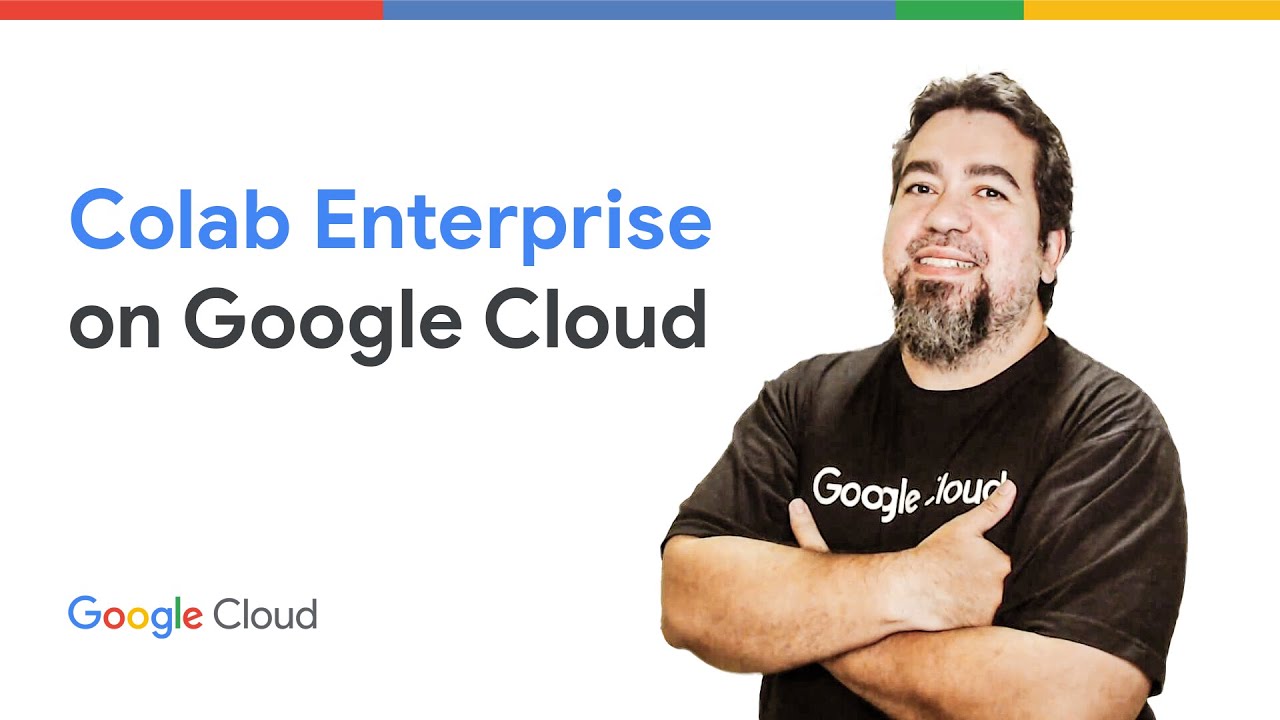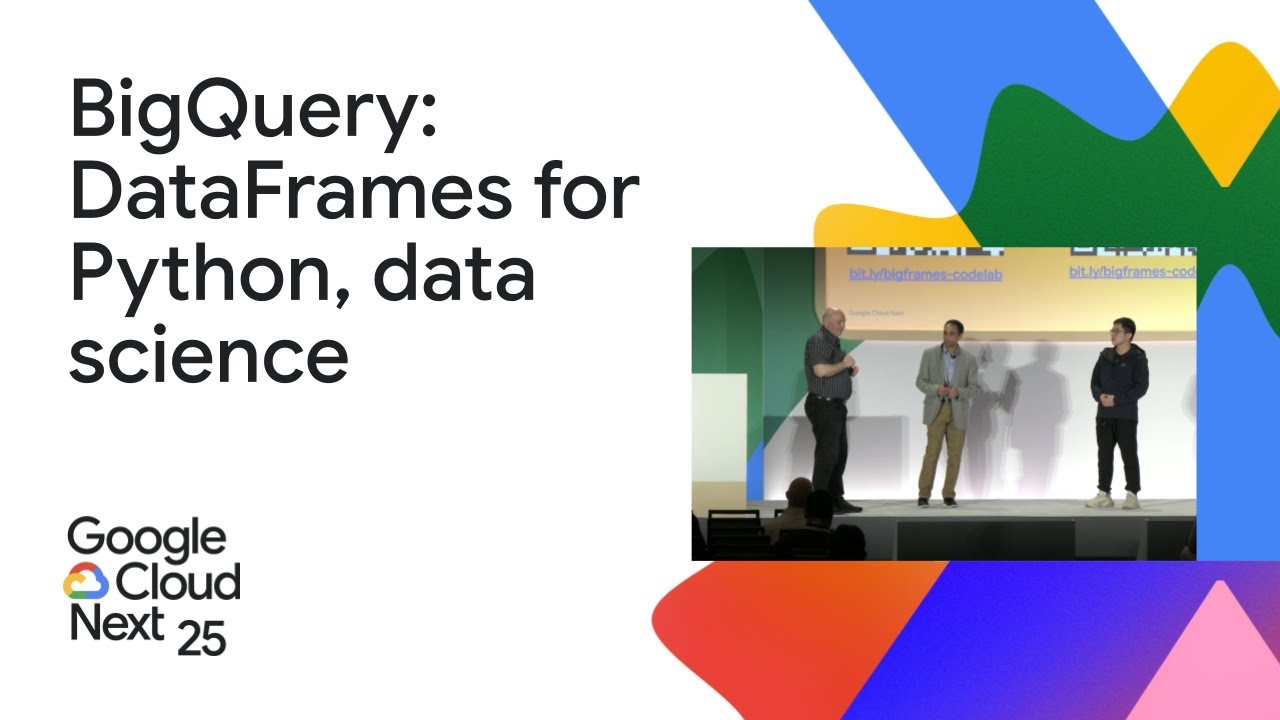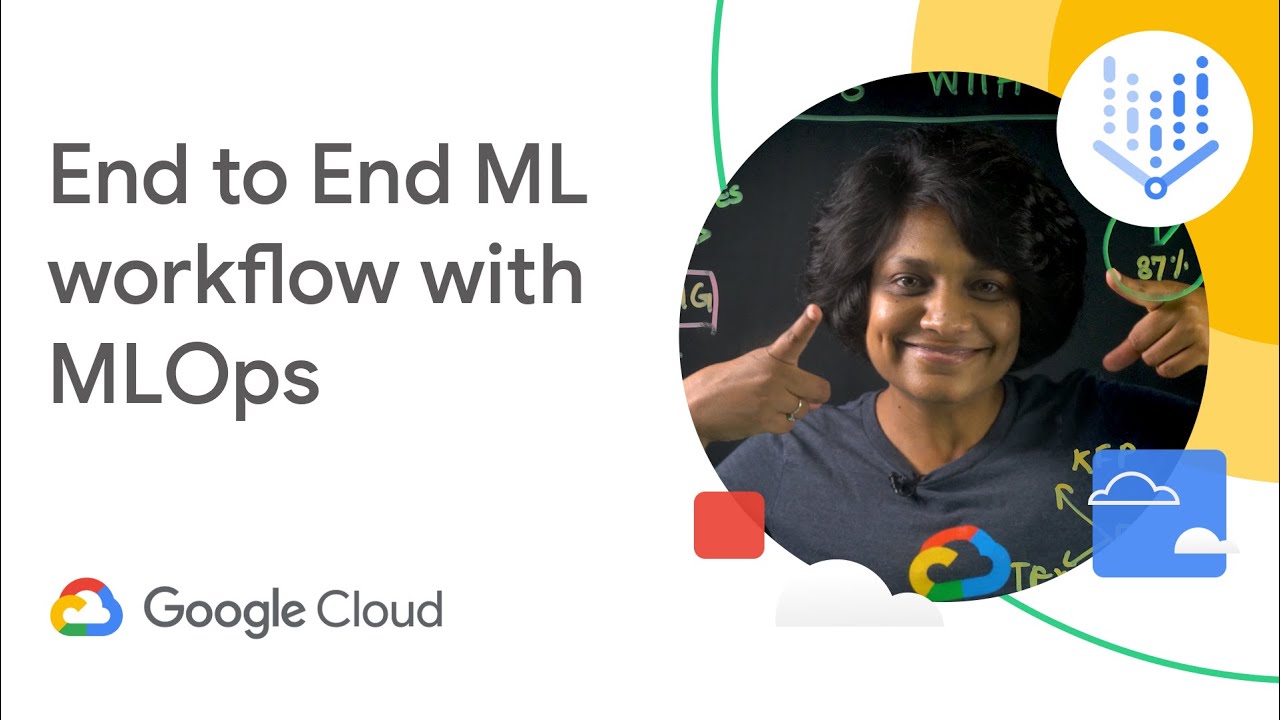Data science on Google Cloud
Unified platform for data management, analytics, and machine learning tools to accelerate your data to AI workflows.
Getting started
- Explore training materials for data scienceExplore Google Cloud resources on data science from data exploration to MLOps.
- Implement machine learning on Google CloudLearn how to develop a custom-trained model throughout the ML workflow.
- Start with CodelabsStart trying Google Cloud through step-by-step walkthroughs, tutorials, and hands-on coding.
Customer stories
Why Google Cloud for data science
Google Cloud unified data and AI platform
Improve the speed and agility of your business, and deliver short and long-term value.
3x
More cost-efficient with minimized data movement
4x
Faster model training, fine-tuning, and deployment
10x
Lower cost of AI, yielding more achievable ROI goals
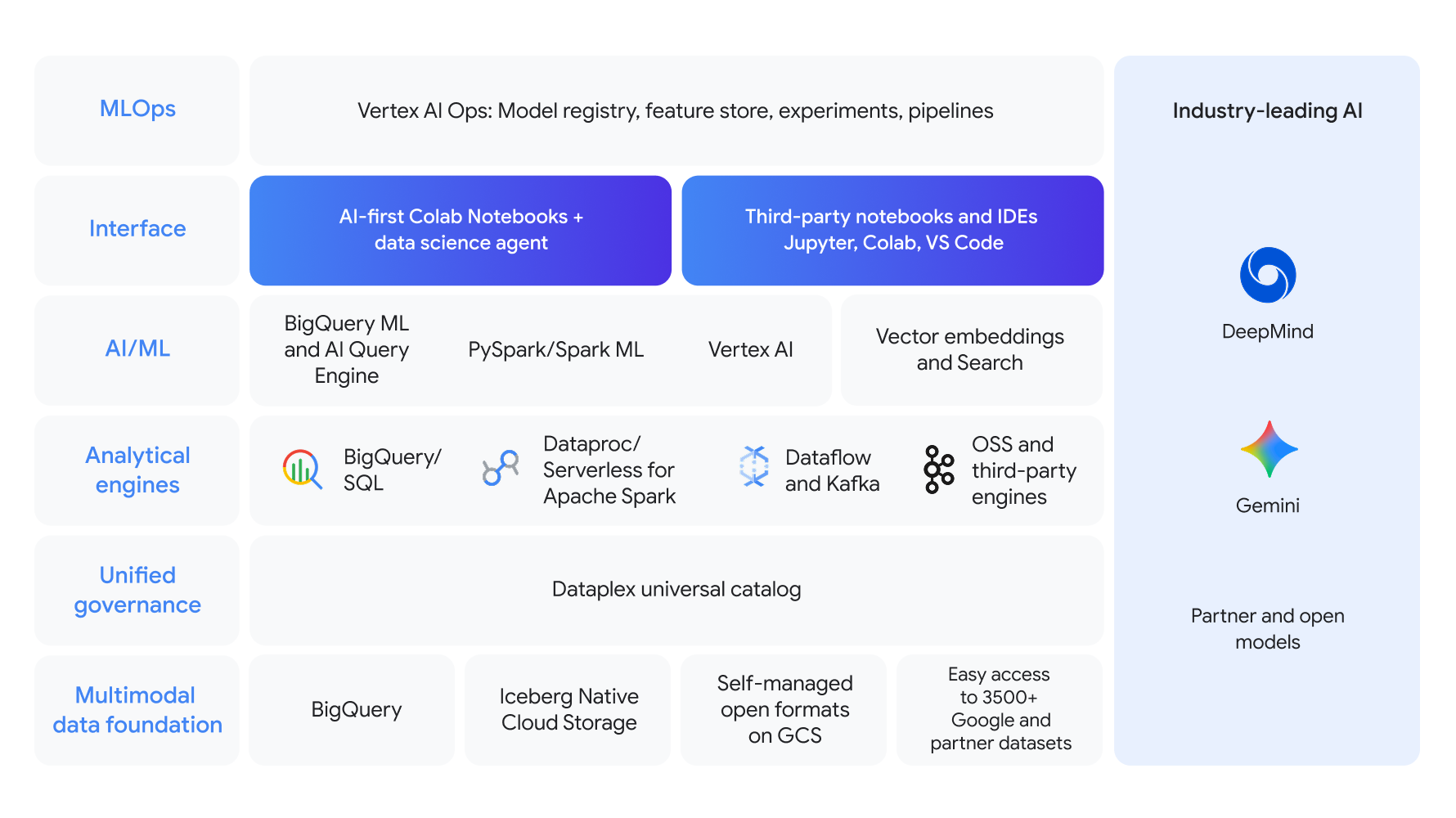
Unified platform for end-to-end data science workflows
Unified solution for the entire data science and machine learning life cycle built on a multimodal data foundation ensuring unified governance. Leverage powerful analytical engines like BigQuery SQL and Spark, then build models using BigQuery ML or Vertex AI. Streamline development with AI-first Colab Enterprise notebook along with robust MLOps, powered by industry-leading AI.
Centralized workspace with AI-first notebooks
Choose from a suite of notebook solutions for enterprise data science. Colab Enterprise offers a secure, managed environment integrated with Vertex AI and BigQuery. Vertex AI Workbenches provide customizable JupyterLab instances, while Cloud Workstations support full IDEs. Extensions also connect self-hosted tools directly to Google Cloud services.

Integrated data science agent
Accelerate data science development with agentic capabilities that facilitate data exploration, transformation, and ML modeling. Start with a high-level goal in plain English, and the data science agent generates a detailed plan covering all aspects of data science modeling from data loading, exploration, cleaning, visualization, feature engineering, data splitting, model training/optimization, and evaluation.
AI-assisted data preparation without silos
Leverage a unified data foundation, managing both structured and unstructured data (images, documents, and others) using SQL for analysis and AI functions for processing. AI-assisted data preparation provides suggestions for data cleaning and transformations. The Data Engineering Agent automates data engineering tasks, including ingestion and pipeline creation, through natural language instructions.
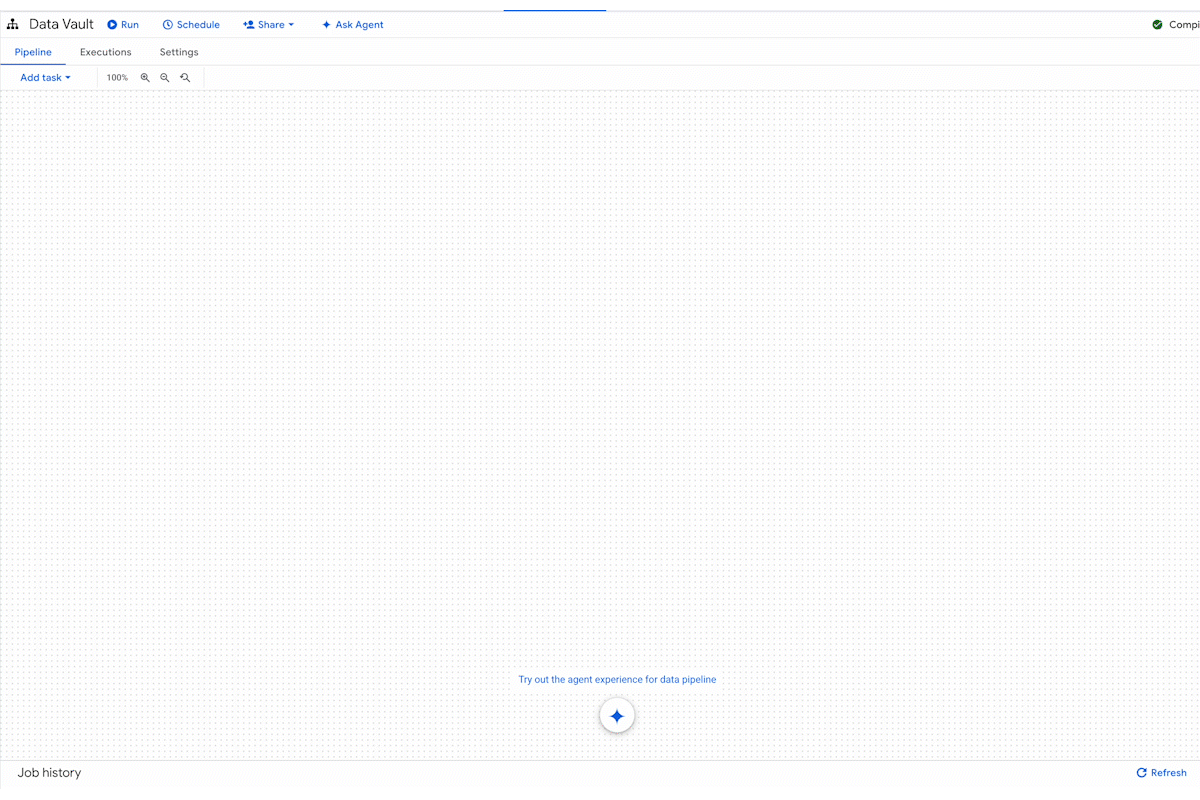
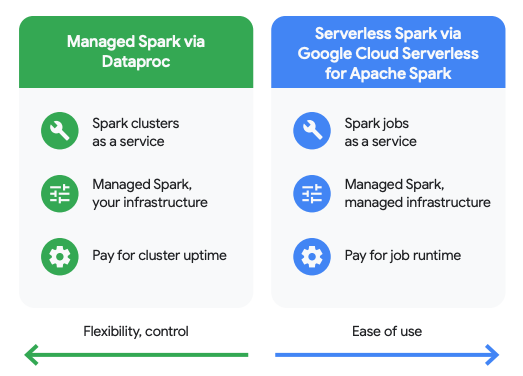
Flexible data processing with multiple engines
Choose any processing engine — whether it's BigQuery's SQL engine or an open-source framework like Apache Spark — to work directly on a single, unified copy of data. This avoids the need to maintain separate data copies for different systems.
Scale data science with BigQuery DataFrames for Python
Prefer Python-native libraries? BigQuery DataFrames provide a pandas-like API that translates Python code into optimized SQL for execution on the BigQuery engine. This gives the flexibility to use the right tool for the job, whether it's SQL, PySpark, or a pandas-style DataFrame, all while working on the same underlying data.
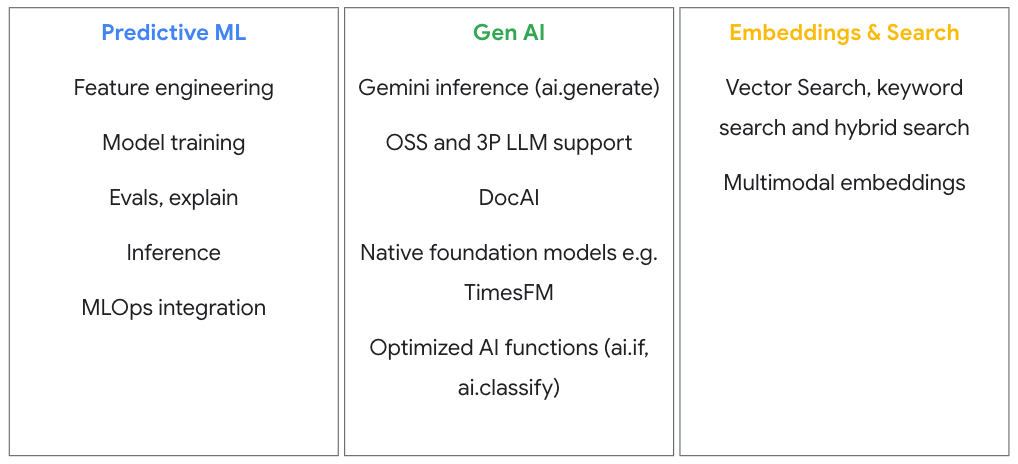
Build, train, tune and run ML models
Build, train, evaluate, and deploy models with BigQuery ML using SQL, eliminating data movement. Leverage built-in, pre-trained models, or SQL functions calling Gemini for data analysis/enrichment. For custom models, Vertex AI supports PyTorch, TensorFlow, and other ML libraries. Seamless integration allows feature engineering in BigQuery, custom model training in Vertex AI, and inference back in BigQuery through SQL.
Generate embeddings and enable vector search
Generate and use multimodal embeddings to perform vector search, enabling semantic understanding and similarity-based retrieval of multimodal data. This allows you to build sophisticated semantic search, recommendation, or segmentation systems without needing to manage a separate, specialized vector database.
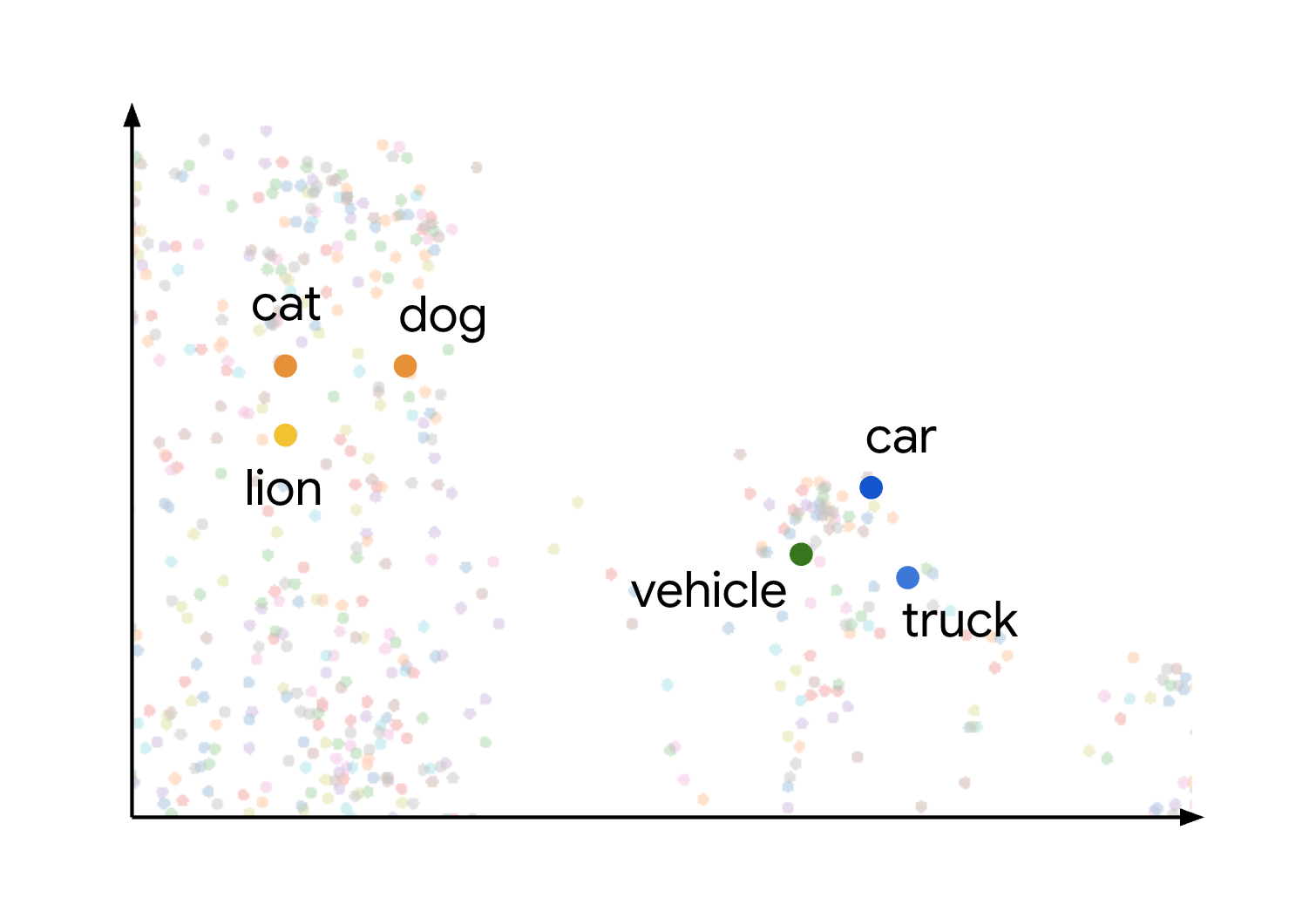
Go from model to production with integrated MLOps
BigQuery and Vertex AI integrate to streamline the "last mile" of MLOps. Centralize features in the Vertex AI Feature Store to prevent training-serving skew and redundant work. Use Vertex AI AutoML to automate model building for tabular data. All models, whether from BigQuery ML or Vertex AI, are automatically registered in the Vertex AI Model Registry. From there, you can easily version, evaluate, and deploy them, creating a seamless end-to-end life cycle on a single platform.
